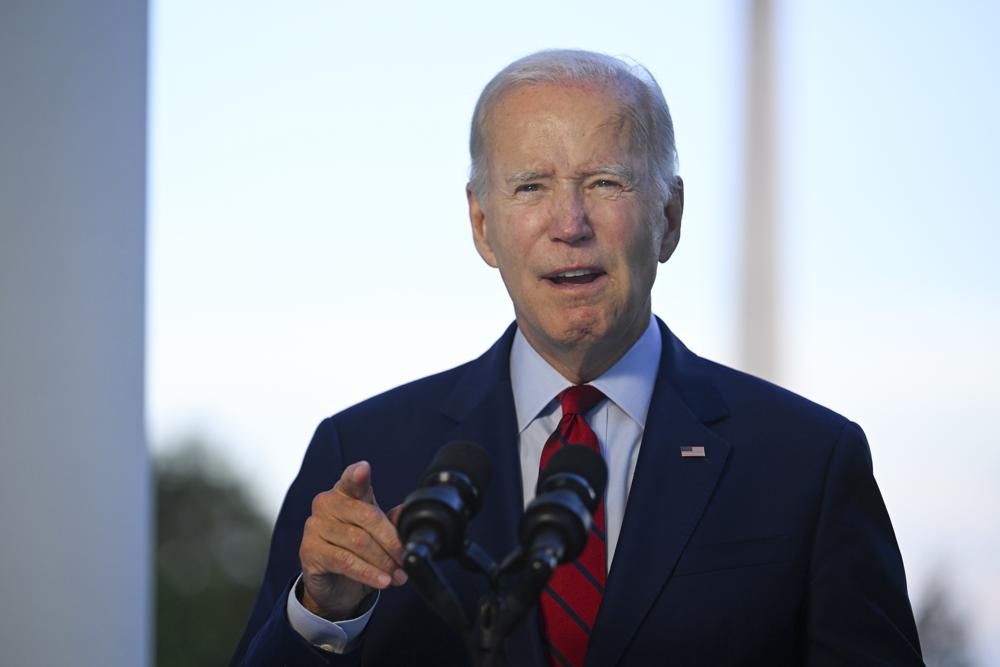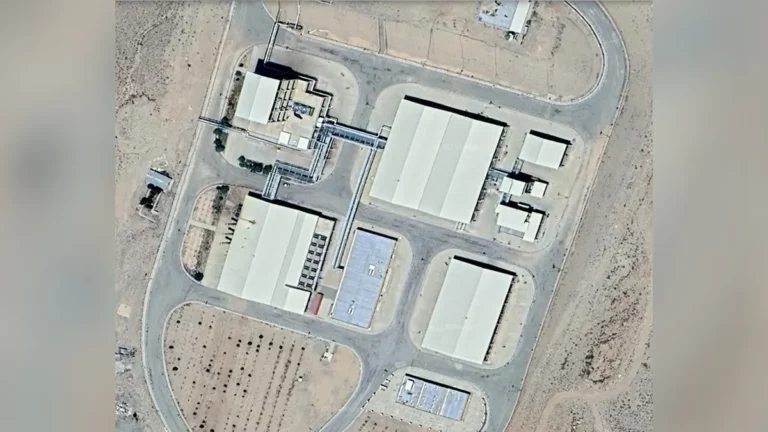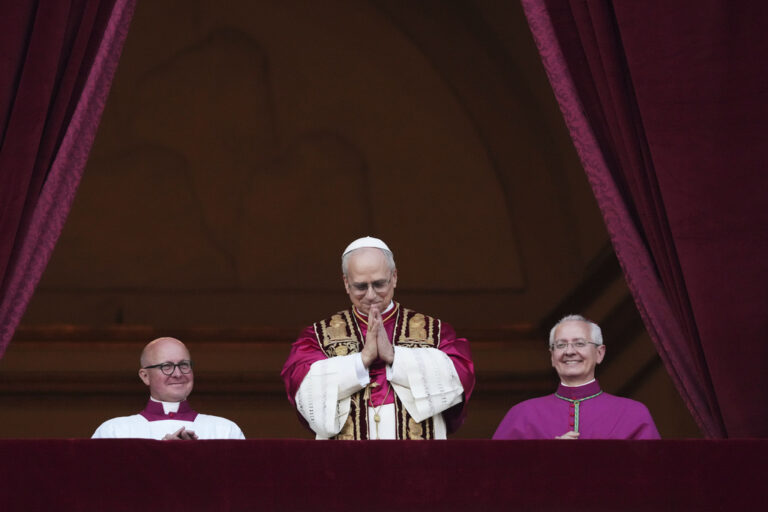President Joe Biden on Wednesday announced his long-awaited plan to deliver on his campaign promise to provide $10,000 in debt cancellation for millions of Americans — and up to $10,000 more for those with the greatest financial need.
Borrowers who earn less than $125,000 a year, or families earning less than $250,000, would be eligible for the $10,000 loan forgiveness, Biden announced in a tweet. For recipients of Pell Grants, which are reserved for undergraduates with the most significant financial need, the federal government would cancel up to an additional $10,000 in federal loan debt.
Biden is also extending a pause on federal student loan payments for what he called the “final time” through the end of 2022. He was set to deliver remarks Wednesday afternoon at the White House to unveil his proposal to the public.
If his plan survives legal challenges that are almost certain to come, it could offer a windfall to a swath of the nation in the run-up to this fall’s midterm elections. More than 43 million people have federal student debt, with an average balance of $37,667, according to federal data. Nearly a third of borrowers owe less than $10,000, and about half owe less than $20,000. The White House estimates that Biden’s announcement would erase the federal student debt of about 20 million people.
Proponents say cancellation will narrow the racial wealth gap — Black students are more likely to borrow federal student loans and at higher amounts than others. Four years after earning bachelor’s degrees, Black borrowers owe an average of nearly $25,000 more than their white peers, according to a Brookings Institution study.
Still, the action is unlikely to thrill any of the factions that have been jostling for influence as Biden weighs how much to cancel and for whom.
Biden has faced pressure from liberals to provide broader relief to hard-hit borrowers, and from moderates and Republicans questioning the fairness of any widespread forgiveness. The delay in Biden’s decision has only heightened the anticipation for what his own aides acknowledge represents a political no-win situation. The people spoke on the condition of anonymity to discuss Biden’s intended announcement ahead of time.
The continuation of the coronavirus pandemic-era payment freeze comes just days before millions of Americans were set to find out when their next student loan bills will be due. This is the closest the administration has come to hitting the end of the payment freeze extension, with the current pause set to end Aug. 31.
Details of the plan have been kept closely guarded as Biden weighed his options. The administration said Wednesday the Education Department will release information in the coming weeks for eligible borrowers to sign up for debt relief. Cancellation for some would be automatic, if the department has access to to their income information, but others would need to fill out a form.
Current students would only be eligible for relief if their loans were originated before July 1, 2022. Biden is also set to propose capping the amount that borrowers pay monthly on undergraduate loans at 5% of their earnings.
During the 2020 presidential campaign, Biden was initially skeptical of student loan debt cancellation as he faced off against more progressive candidates for the Democratic nomination. Sens. Elizabeth Warren, D-Mass., and Bernie Sanders, I-Vt., had proposed cancellations of $50,000 or more.
As he tried to shore up support among younger voters and prepare for a general election battle against President Donald Trump, Biden unveiled his initial proposal for debt cancellation of $10,000 per borrower, with no mention of an income cap.
Biden narrowed his campaign promise in recent months by embracing the income limit as soaring inflation took a political toll and as he aimed to head off political attacks that the cancellation would benefit those with higher take-home pay. But Democrats, from members of congressional leadership to those facing tough reelection bids this November, have pushed the administration to go as broad as possible on debt relief, seeing it in part as a galvanizing issue, particularly for Black and young voters this fall.
Democrats are betting that Biden, who has seen his public approval tumble over the past year, can help motivate younger voters to the polls with the announcement.
Although Biden’s plan is changed from he initially proposed during the campaign, “he’ll get a lot of credit for following through on something that he was committed to,” said Celinda Lake, a Democratic pollster who worked with Biden during the 2020 election.
A survey of 18- to 29-year-olds conducted by the Harvard Institute of Politics in March found that 59% of those polled favored debt cancellation of some sort — whether for all borrowers or those most in need — although student loans did not rank high among issues that most concerned people in that age group.
Some advocates say Biden’s plan still falls short.
“If the rumors are true, we’ve got a problem,” Derrick Johnson, the president of the NAACP, which has aggressively lobbied Biden to take bolder action, said Tuesday.
“President Biden’s decision on student debt cannot become the latest example of a policy that has left Black people — especially Black women — behind,” he said. “This is not how you treat Black voters who turned out in record numbers and provided 90% of their vote to once again save democracy in 2020.”
John Della Volpe, who worked as a consultant on Biden’s campaign and is the director of polling at the Harvard Kennedy School Institute of Politics, said the particulars of Biden’s announcement were less important than the decision itself.
“It’s about trust in politics, in government, in our system. It’s also about trust in the individual, which in this case is President Biden,” Della Volpe said.
Republicans, meanwhile, see a political upside if Biden pursues a large-scale cancellation of student debt ahead of the November midterms, anticipating backlash for Democrats — particularly in states where there are large numbers of working-class voters without college degrees. Critics of broad student debt forgiveness also believe it will open the White House to lawsuits, on the grounds that Congress has never given the president the explicit authority to cancel debt on his own.
The Republican National Committee on Tuesday blasted Biden’s expected announcement as a “handout to the rich,” claiming it would unfairly burden lower-income taxpayers and those who have already paid off their student loans with covering the costs of higher education for the wealthy.
Biden’s long deliberations have led to grumbling among federal loan servicers, who had been instructed to hold back billing statements while Biden weighed a decision.
Industry groups had complained that the delayed decision left them with just days to notify borrowers, retrain customer service workers and update websites and digital payment systems, said Scott Buchanan, executive director of the Student Loan Servicing Alliance.
It increases the risk that some borrowers will inadvertently be told they need to make payments, he said.
“At this late stage I think that’s the risk we’re running,” he said. “You can’t just turn on a dime with 35 million borrowers who all have different loan types and statuses.”
(AP)












15 Responses
Welcome to entitlement central
One of the only issues on which the Democrats are onto something. Tuition for higher education has become prohibitive.
Still, if one person has their student loans forgiven, then it’s only fair that their counterpart who actually paid them back should have their money returned.
Before anyone complains with talking points, $10k must be 1970 tuition costs, or costs in every other country. I doubt most people will even see the difference. Plus origination fees, and every other scam.
The Democrats do it again. “Here’s free money, vote for me”.
Ari Knobler:
You must have the economic sense of a 1st grader if you really think this will cause colleges to lower tuitions. This will actually be an incentive for colleges to raise the tuition, and for people to take on higher debts. Why not, if the government will anyhow end up paying it?
And of course only forgiving the land of those who haven’t yet paid them is extremely unfair. But it’s more than that. It will also encourage more people to not pay their loans, hoping their loans will be forgiven.
There are many things the government can do to make schools lower tuition costs. But this is not one of them
Headline is very misleading.
$10,000 and “Forgive Student Debt Loans” are two very different things.
What a scam. Why forgive student debt vs any other debt? And why only for those with currently outstanding debt? Sucks to be that guy who lived at home and ate noodles for every meal just to pay off his debt sooner. Sucker!
Thank you to DontMindMe for stating my thoughts.
The real winner is Apple. Virtually every student just HAS TO buy the newest IPAD and IPhone every year, they consider it necessary for something. They pay with money from their student loans, now partially cancelled.
a WSJ article on this topic has already 3,000 comments. WSJ readers often lean write but not by overwhelming numbers. This time. I clicked and liked first 100, everyone is outraged – those who paid their loans and those who never had them, and those who are not eligible by earning too much.
Given that many recipients think this is not enough, I wonder how many votes Dems really bought and how many they lost? I think this is negative return-on-investment.
For those who are not sure how bad this is, think that if Dems think they can make good investment why not they establish additional fellowship for _productive_ college paths going forward? Instead, they paying backwards to those who selected BAD college paths. How more wrong can one go?
It makes sense. Those who went to college tend to vote Democratic, and its a Democratic tradition to rob the public fisc to reward your supporters. At least he is limiting the awards to the middle class. While welfare for the middle class has a long tradition, this might annoy lower than middle class parts of Biden’s base. It is also unclear where he gets the authority to spend a large amount of public money without an appropriation from the Congress (at best, a precedent the next Republican president, especially if it is Trump, will look forward to – at worst an impeachable offense though one doubts the Congress would ever impeach a president for being unfrugal).
Very dumb move,
the high that anyone is getting from making $20,000 overnight will be quickly worn off, and this won’t have any material affect come November.
On the other hand, the people that are angry now will probably still be angry in November.
akuperma: the Department of Education posted their legal authority – basically there is a post 9/11 law on the books that allows the Dept of Education to make “changes” to student loans during emergencies. It’s the same law that allowed Trump and now Biden to defer student loan payments during Covid.
DontMindMe: Your unpleasantness aside, I did not suggest that such measures would cause a reduction in college and grad school tuition. What I said is that tuition costs have become prohibitive, which they have. I also pointed out that while partial loan forgiveness is good for some, it is unfair to others.
Ari Knobler:
I’m sorry for the comment, it was indeed uncalled for.
$10,000 per vote
For people who were probably voting democrat anyway I would think.
And now inflation is going to just keep skyrocketing
I think he should also forgive my federal taxes and my mortgage payments while he’s on a high
I’ll vote for him if he does